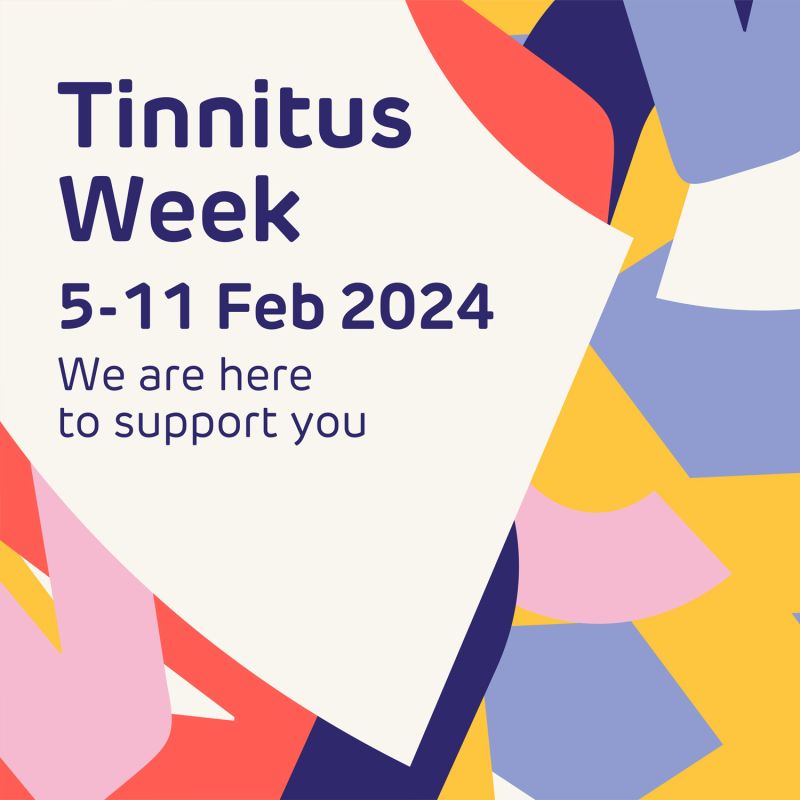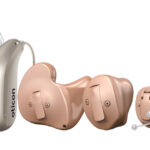
Tinnitus Week runs from February 5 to February 11, with the aim of telling people about the symptoms of tinnitus and how it affects people.
Tinnitus is the perception of noise or ringing in the ear and 15 to 20 per cent of people experience it. It’s a symptom of an underlying condition which can be age-related, related to hearing loss, ear injury, or a circulatory system disorder.
Hearing loss
Tinnitus Week is organised every year by Tinnitus UK and we are a corporate member of Tinnitus UK.
Exposure to high levels of noise, above 85dBA, either continuously or as a sudden impact, can have physiological and psychological effects, including stress, tinnitus and permanent hearing loss.
Daily damaging levels of sound can originate from live music, shooting, using DIY power tools and lawn mowers, riding motorbikes and attending noisy events. Listening to loud music through headphones and in enclosed spaces such as cars where subwoofers have been fitted can also cause tinnitus.
Tinnitus therapy

Our audiologists can advise on hearing risks and provide an extensive range of hearing protection. This includes custom-made filtered ear plugs for musicians, ear defenders for shooting, DIY and work and extremely comfortable sleep buds for nights when your partner is snoring.
Our senior audiologist Fiona Idriss said: “Anyone suffering with tinnitus, needing general advice or targeted tinnitus therapy, can ask to see me in our tinnitus and sound sensitivity clinic at The Chaucer Hospital in Canterbury.”
Most patients with hearing loss and tinnitus benefit from using hearing aids, which are available with integrated sound therapy programmes.
New app
Ring us on 0800 028 6179 or email info@hearbase.com to arrange an appointment with Fiona if you need help with your tinnitus.
There is a new app called MindEar which can reduce the debilitating impact of tinnitus, say researchers.
MindEar delivers CBT, along with sound therapy, allowing the brain to learn to tune out the condition.
According to an article in The Guardian whether it is a ringing sound or perpetual buzzing, tinnitus is a common and often debilitating condition. Now researchers say they have designed an app – MindEar – that can reduce its impact.
Read the Guardian article here
Find out more about Tinnitus Week here

